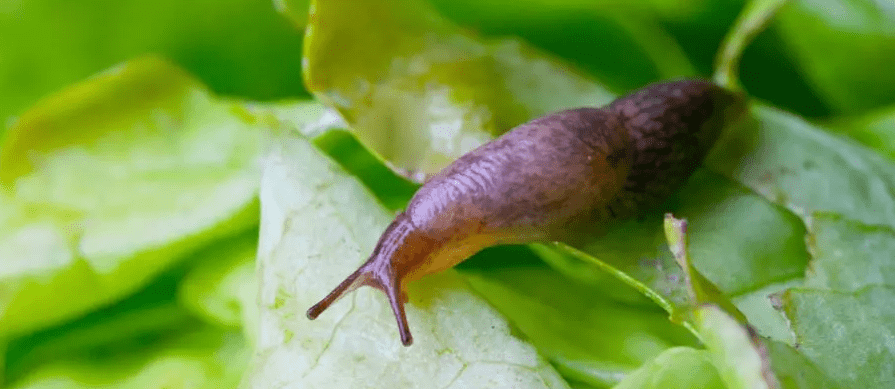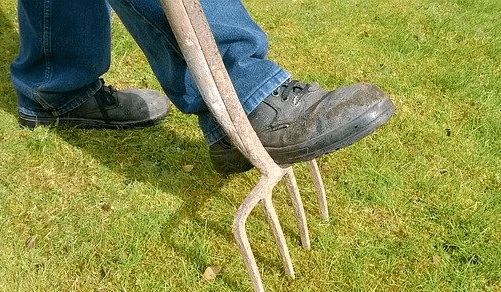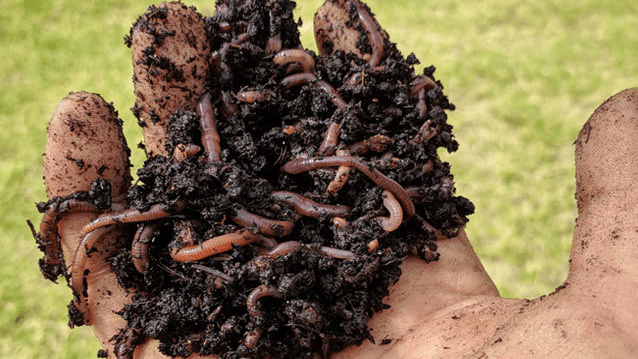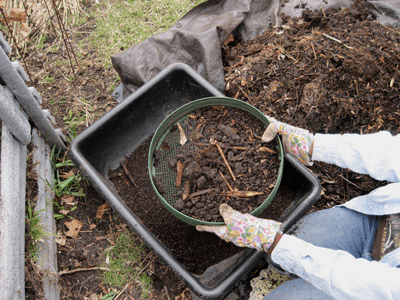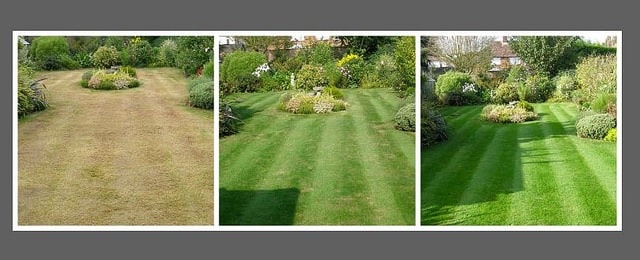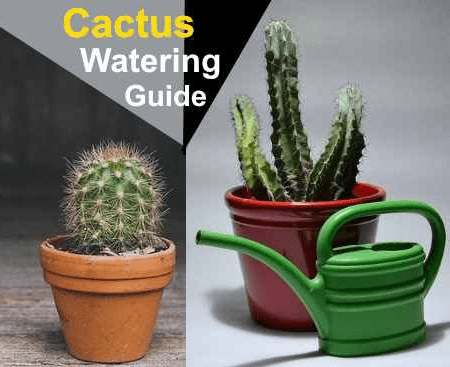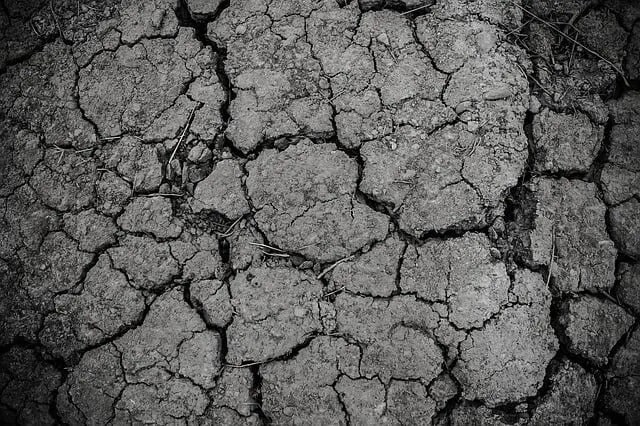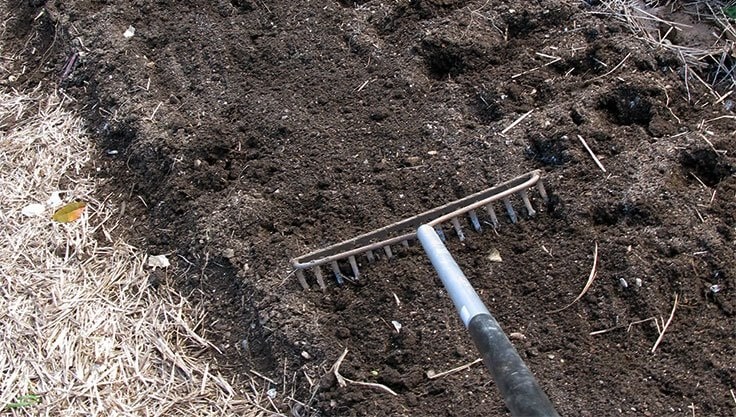Curry herb is quite inconspicuous, but with its silvery leaves is not unattractive. In summer it bears numerous yellow flowers. Dried flower shoots are excellent to incorporate into colorful dry bouquets and also serve as a repellent against insects.
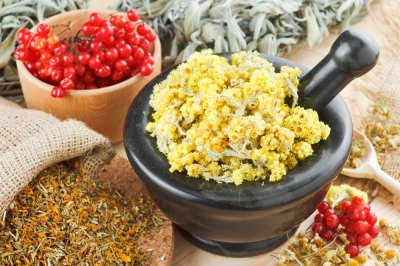
What to consider when using curry herb?
The aromatic smelling curry herb can certainly be called a seasoning plant, it is even considered a medicinal herb with a fungicidal, anti-inflammatory and analgesic effect. However, curry herb should not be eaten, because its consumption can cause digestive problems, especially in sensitive people. The delicate taste of the herb also becomes slightly bitter when cooked for a long time. However, it is not poisonous.
When used carefully and cooked only briefly, curry herb develops a very fine aroma. It is ideal for seasoning stews and lamb or other meat dishes, but also for soups, teas and Asian dishes.
By the way, the blossoms of the curry herb are also edible. Refine your desserts with them or sprinkle the yellow dots of color over your ready-prepared salads. They are also suitable as edible decoration on plates and buffets or for refining herbal teas.
When should I harvest my curry herb?
Ideally, harvest at the time of most intense flavor, just before flowering. It is best to use the freshly harvested herb in the kitchen right away. If necessary, it can also be dried or frozen. If you cut complete shoots of curry herb at a time, then you can always easily remove it from your dishes.
The most important facts in a nutshell:
- non-toxic
- very easy to care for
- best to harvest just before flowering
- use herb with caution
- can cause digestive problems (especially in sensitive people)
- taste very delicate, but bitter when cooked for a long time
- flowers edible
- herb can be frozen or dried
Tips
The aromatic curry herb is very easy to care for and can be used in many ways in the kitchen, the cultivation also geilngt beginners.


